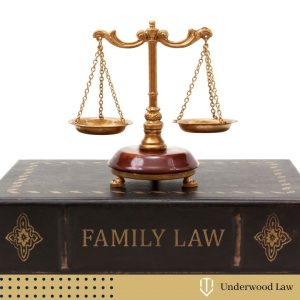 Yes. When co-owners of property decide they want to go their separate ways but cannot come to an agreement on a buyout or reimbursements, they can institute a partition action and have the court system solve the problem for them.
Yes. When co-owners of property decide they want to go their separate ways but cannot come to an agreement on a buyout or reimbursements, they can institute a partition action and have the court system solve the problem for them.
The presence of a life estate, however, substantially complicates this process. Additional evidentiary showings are required, and a partition might not even be available if the life estate owner fights the lawsuit. Thankfully, the Underwood Law Firm is more than familiar with partitions of all types and is here to assist property owners throughout the process.
 California Partition Law Blog
California Partition Law Blog










